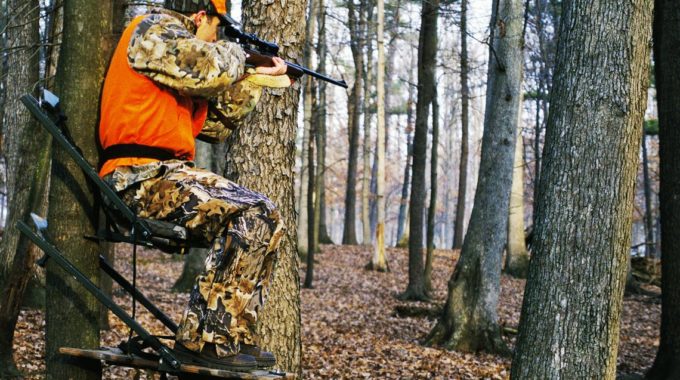Adapted from the writings of Dayan Yitzhak Grossman April 18, 2024 AP News reports: A…

Bais HaVaad on the Parsha, Parshas Toldos
Hunting Grounds
Excerpted and adapted from a shiur by Dayan Yitzhak Grossman
November 4, 2021
And the youths grew up, and Eisav was a man who knew hunting, a man of the field, whereas Yaakov was a simple man, dwelling in tents.
Bereishis 25:27
The Noda Bihudah discusses the permissibility of hunting and initially argues that it is not technically forbidden. It does not violate the issur of tza’ar ba’alei chayim (causing pain to animals) because tza’ar ba’alei chayim does not include cases of killing the animal or where it is used for a productive purpose. It also does not violate bal tash’chis, because a) the hides can be sold for profit, b) the hunter is not acting in a destructive manner, and c) bal tash’chis only applies to things that could potentially be useful to people, while the wild animals in question are of no use to people while they are alive. Their usefulness comes only after death, when people can benefit from the hides and flesh, so a prohibition to kill them would not make sense. Nevertheless, he insists that hunting is wrong from a mussar perspective and observes that only Nimrod and Eisav, who were deemed resha’im by Chazal, are called hunters by the Torah (Nimrod in Bereishis 10:9). Moreover, hunting for fun is considered achzariyus (cruelty) and is wrong; hunting for a living is permitted. He adds that it may also be dangerous to hunt, as even Eisav claimed he was going to die (Bereishis 25:32), which the Ramban and others attribute to the dangers he faced as a hunter.
A second position is taken by the Avi Ezri (Ra’avyah), cited by the Tur and the Bais Dovid, who says that pulling a horse and dogs to hunt with may violate kil’ayim, implying that the hunting itself is entirely permitted.
A third position is that of the Or Zarua and the Shemesh Tzedakah, among others, that hunting is forbidden. The Or Zarua argues that it violates the issur of moshav leitzim (being in the company of scoffers—see Tehillim 1:1 and Avodah Zarah 18b with Rashi), while the Shemesh Tzedakah maintains that it also violates tza’ar ba’alei chayim and bal tash’chis.





